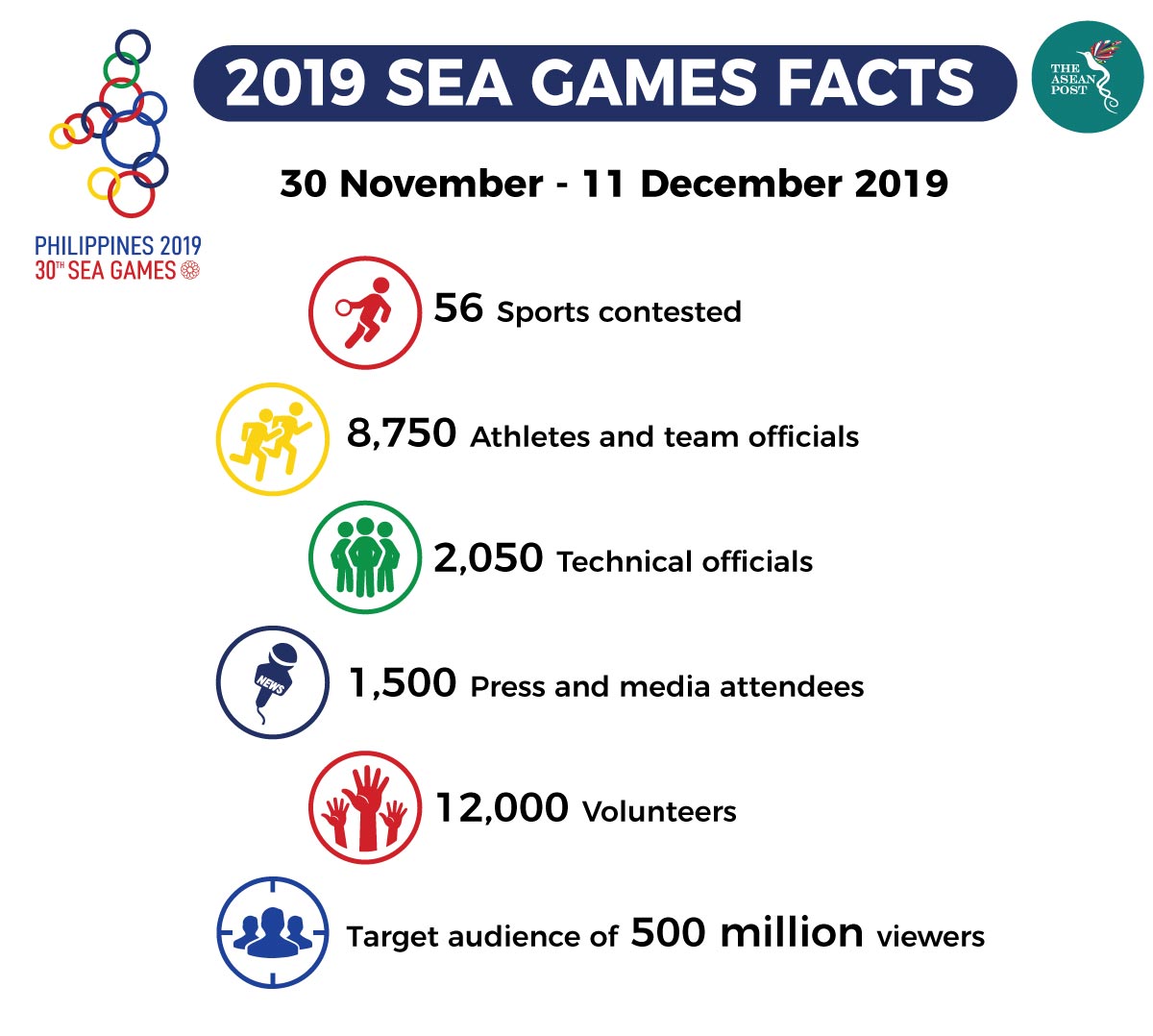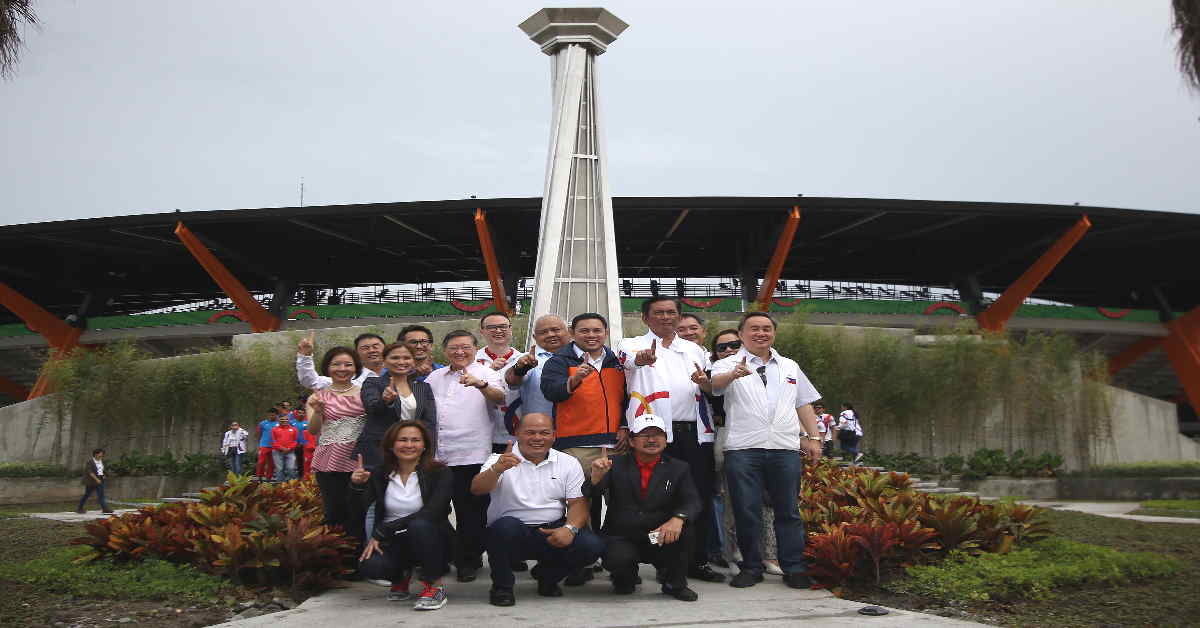It is going to take a flawless next couple of weeks for the Philippines’ bruised reputation to recover from all the negative press surrounding the 30th Southeast Asian (SEA) Games.
While this year’s edition of the biennial meet is the biggest in terms of sports, events and number of medals, it will now also be remembered as the biggest failure to prepare.
Scheduled to run until 11 December, the region’s largest multi-sport event officially kicks off today but has already been overwhelmed by a torrent of complaints from visiting national teams unhappy about having to sleep on hotel floors, train on streets and put up with inadequate food.

Football teams from Cambodia, Myanmar, Thailand, and Timor-Leste had to wait for hours to be picked up at the airport in Manila last weekend, and training sessions had to be cancelled as the venues were incomplete, not ready or simply located too far from their hotels.
The late delivery of sports equipment, an allegedly overpriced cauldron and a delay in the passage of this year’s budget are other key issues at this year’s Games.
And as if that hasn’t been bad enough, Philippine politicians and other leaders connected to the Games have resorted to infighting and finger-calling in a bid to shift blame for a series of blunders which Philippine President Rodrigo Duterte has promised to probe.
No surprise, then, that the hashtag “#SEAGamesfail” is now trending on social media in the Philippines.
Rebranding the Philippines
Ironically, the chairman of the Philippine SEA Games Organising Committee (PHISGOC), Alan Peter Cayetano, said at the start of the month that the SEA Games will serve as a “rebranding or a reintroduction of the Philippines”.
Telling a morning talk show that while the foreign community may associate the Philippines with poverty, gridlock and corruption, the SEA Games will paint the country in a better light.
PHISGOC declared they were ready for the SEA Games as far back as 30 October – which clearly shows how unprepared they were for the task.
Perhaps Cayetano and the rest of the PHISGOC did not fully comprehend the amount of planning, organisation and coordination that goes into pulling off a SEA Games – or any other major sporting event for that matter.
In an opinion piece in a local newspaper, former Philippine Vice President, Jejomar C. Binay questioned the wisdom of appointing Cayetano, who was the country’s Secretary of Foreign Affairs up until October 2018, as the head of a committee charged with organising the prestigious regional meet.
“Organising major sporting events on the scale and magnitude of the SEA Games is not a walk in the park. It requires skilled hands. It is no place for amateurs, and this early the amateurism is showing,” wrote Binay.
Puzzlingly, Duterte has already cleared Cayetano – who is being accused of corruption – from any wrongdoing.
Investor confidence
All this mismanagement and lack of accountability raises a key question; How is the SEA Games affecting investor confidence?
Already severely blighted by Duterte’s ‘War on drugs’, the Philippines’ international standing cannot afford to take any more negative hits of this nature.
Duterte’s ‘Build, Build, Build’ campaign is far from over, and attracting foreign investors to take part in developing the Philippines’ infrastructure is key to making up the figures for the US$180 billion construction programme.
While the Philippines was ASEAN’s biggest mover in the World Bank’s Doing Business 2020 study when they jumped 29 spots to 95th, the negative publicity generated from the SEA Games has been splashed on newspapers across the world – and this cannot be good for investors.
One of the reasons the Philippines shone in the World Bank report released last month was that the country had supposedly improved coordination within its ministries, something that has clearly been lacking from the organisers of the SEA Games.
While Duterte and Cayetano have both since apologised for the poor organisation, it will take more than that for the country to erase memories of the poor start to the 30th SEA Games.
Related articles:
Duterte’s ‘Build Build Build’ under fire
Easier to do business in the Philippines
